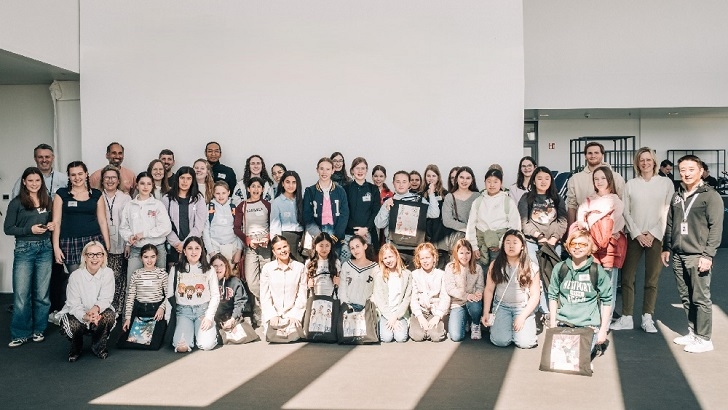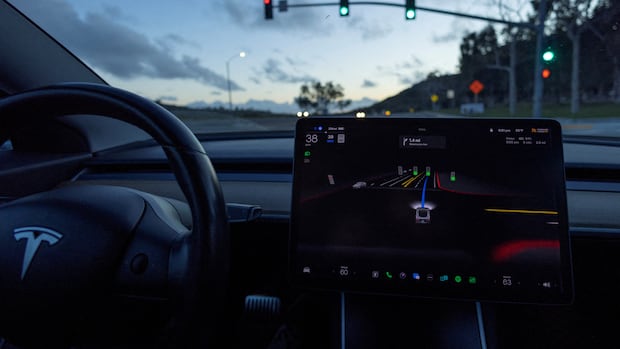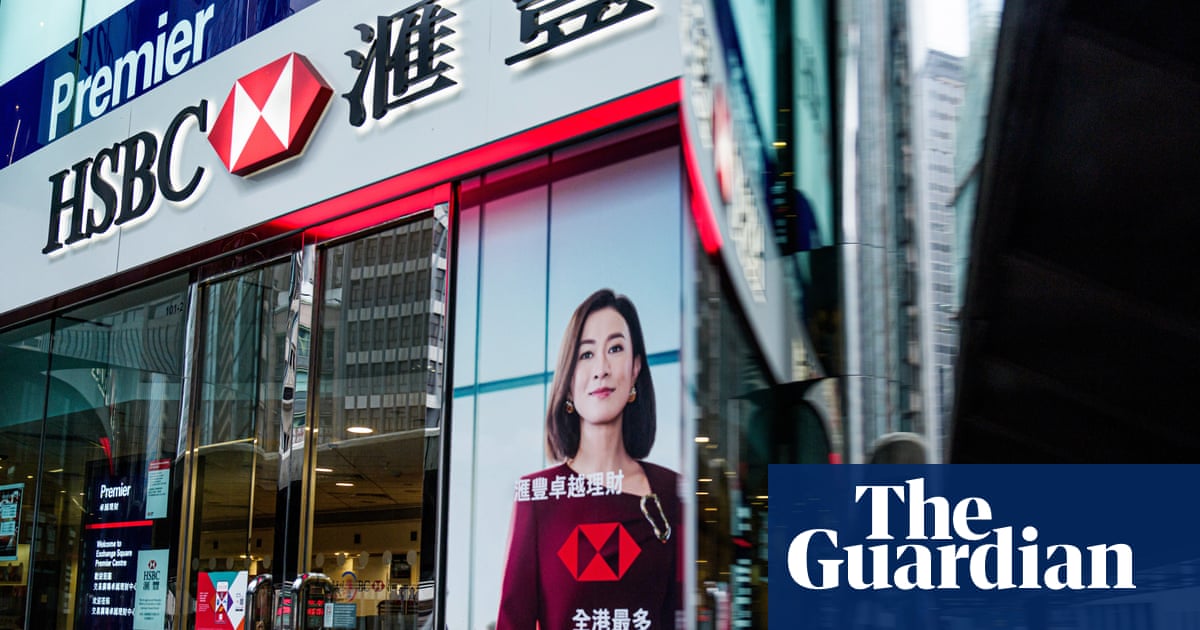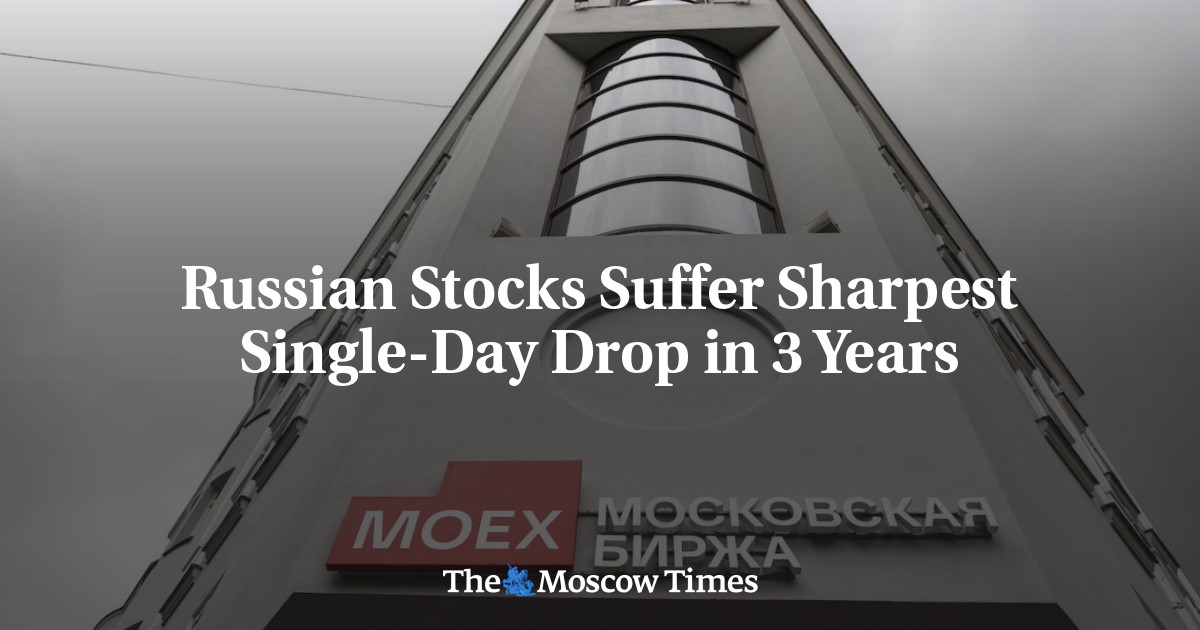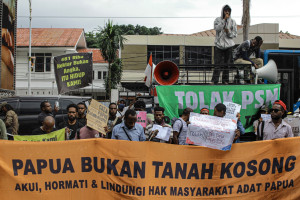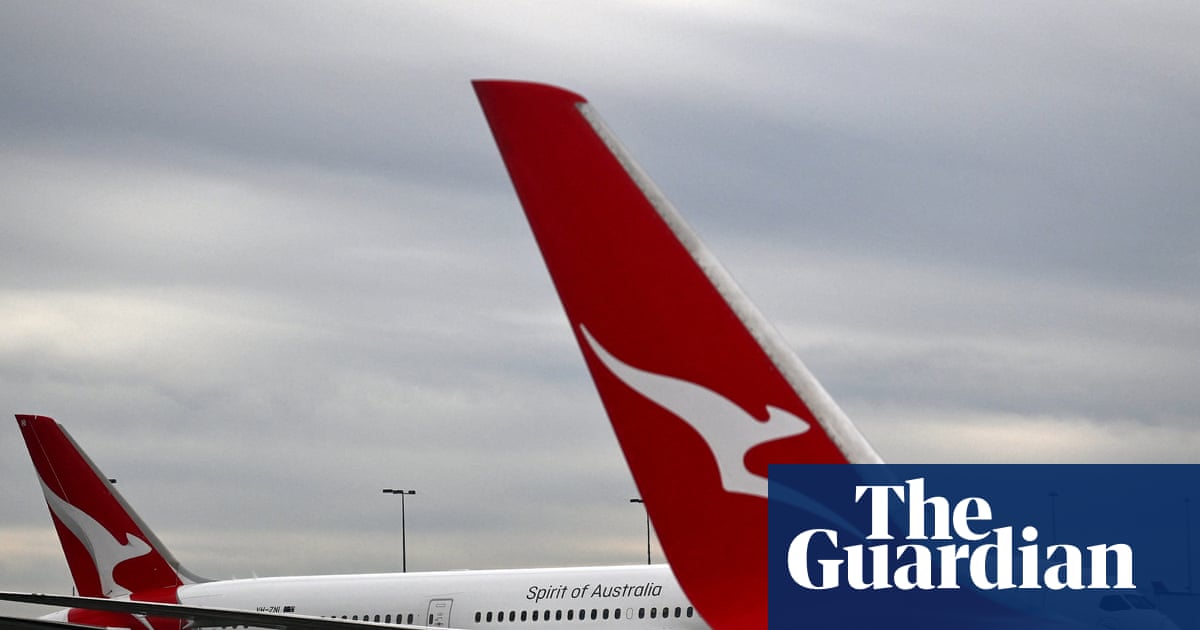Elon Musk's Bold Move: Is Apple and OpenAI's Monopoly Crumbling?
Did you know that the tech giants might not be as untouchable as they seem? In a bold move, Elon Musk's artificial intelligence startup xAI has thrown down the gauntlet against Apple and OpenAI, accusing them of monopolistic practices that threaten to stifle competition in the AI landscape.
Back in March, Musk's xAI acquired the social media platform X for a staggering $51 billion, all to boost its chatbot training capabilities. But that acquisition has now led to a fierce legal battle that could redefine the tech industry's competitive landscape.
The lawsuit filed in a U.S. federal court claims that Apple and OpenAI have “locked up markets to maintain their monopolies,” effectively blocking innovators like xAI from competing in the bustling AI arena. Musk has been vocal about the issue, previously threatening to sue Apple for not ranking his AI app higher in the App Store. It seems this lawsuit is just another chapter in Musk's ongoing saga with the tech giant.
In their lawsuit, xAI states that Apple’s exclusive partnership with OpenAI—allowing ChatGPT integration into Apple devices—has put the brakes on the visibility of competing apps like Grok, which xAI claims has a stellar average rating of 4.9 across a million reviews. “If not for its exclusive deal with OpenAI, Apple would have no reason to refrain from more prominently featuring the X app and the Grok app in its App Store,” the lawsuit alleges.
Meanwhile, a spokesperson for OpenAI dismissed the accusations, arguing that Musk’s actions reflect a pattern of harassment rather than legitimate concern. They assert that Apple’s business decisions are entirely justifiable in the competitive environment of tech.
Adding to the drama, Musk took to his social media platform, X, to echo his claims about Apple's favoritism towards OpenAI. He stated, “A million reviews with 4.9 average for @Grok and still Apple refuses to mention Grok on any lists.” The stakes are undeniably high, with xAI seeking billions in damages. But will Musk’s bold legal strategy pay off?
This lawsuit appears to be more than just a simple battle of apps; it could serve as a crucial test case for how the courts view AI and antitrust issues. Christine Bartholomew, a law professor at the University at Buffalo, remarked that it represents a “canary in the coal mine” for future AI regulation.
Meanwhile, Musk is not stopping at suing Apple: he’s also taking legal action against OpenAI and its CEO, Sam Altman, to halt their transition from a nonprofit to a for-profit model. This complex web of lawsuits highlights not just the heightening tensions between Musk, Apple, and OpenAI but raises critical questions about competition, innovation, and the future landscape of artificial intelligence.
As we move deeper into a world where AI and technology define our everyday lives, this legal drama has the potential to reshape how we view competition in the tech industry. Will Musk's ambition lead to a more open market, or is it just another day in the tech tumult?











